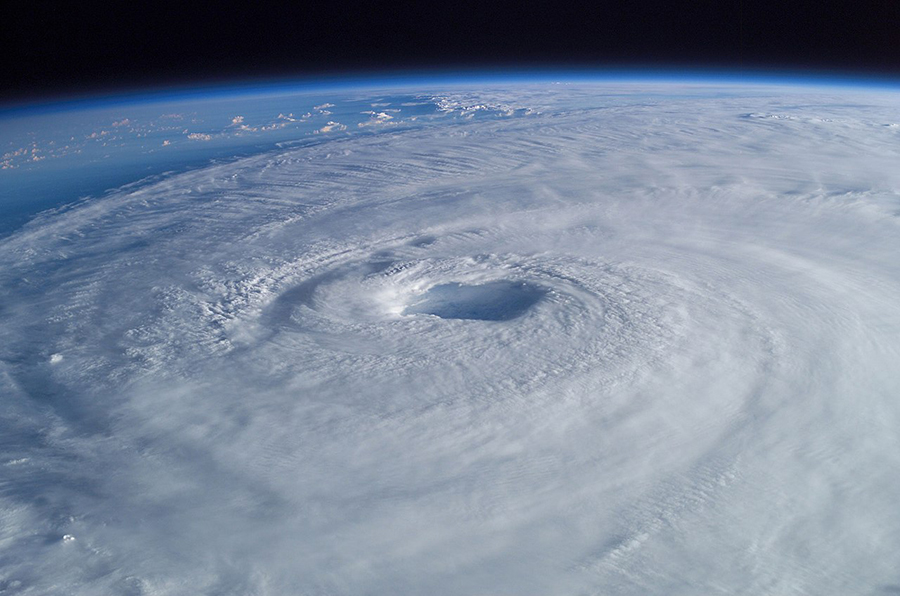Rising future tropical cyclone intensity in the Mekong River Basin
Author :wangwc
2020-04-30 14:53
Tropical cyclone is one of the most devastating natural hazards. Together with researchers from the US, new research from the research group led by Prof. Deliang Chen predicts increases in the future tropical cyclone intensity in the Mekong River Basin located in Southeast Asia. Prof. Deliang Chen is the leader for project ”Climate Change and Water Resources in the Great River Regions in Southeast and South Asia” under the CAS Pan-TPE programme, and the August Röhss Chair at the University of Gothenburg.
As home to 70 million people, the Mekong River Basin is often affected by tropical cyclones landfall mainly entering through Vietnam, causing fatalities and property damage. Tropical cyclone intensity is a critical factor for the majority of losses arises from intense tropical cyclones. Previous climate models have projected increasing tropical cyclone intensity under global warming in the 21st century over the Western North Pacific, which is the primary source region for tropical cyclones influencing the Mekong River Basin.
By employing a novel dynamical downscaling technique, this study estimates the future tropical cyclone intensity in the Mekong River Basin. On the whole, shorter return periods of maximum wind speed for 2081-2100 compared with 1981-2000 are projected under the high emission scenario RCP8.5, suggesting increases in the future tropical cyclone intensity for the Mekong River Basin. In particular, this increase is larger for areas closer to the coast.
Rising tropical cyclone intensity is likely to increase the tropical cyclone related risk in the less developed basin riparian countries, including Cambodia, Lao PDR, Myanmar, Thailand and Vietnam. Besides, it may disturb global food market by affecting rice production in the two most important rice exporting countries in the world (Thailand and Vietnam). Therefore, results from this study point to consistently elevated future tropical cyclone related risks that may disrupt food supply, exacerbate conflicts, and jeopardize sustainable development in the region and beyond.
PhD candidate Aifang Chen is the first author, and Prof. Deliang Chen is the corresponding author. This work was supported by the Strategic Priority Research Program of Chinese Academy of Sciences (XDA20060401), the China Scholarship Council, the National Natural Science Foundation of China (91537210), the Swedish STINT (CH2015–6226), and the Swedish VR (2017-03780).
Name of the article: Rising future tropical cyclone-induced extreme winds in the Mekong River Basin
Link to article: https://doi.org/10.1016/j.scib.2019.11.022
Contact:
Deliang Chen, professor at the Department of Earth Sciences, University of Gothenburg
Tel.: +46 (0)31-786 4813, E-mail: deliang@gvc.gu.se

Photo: The Cyclone Isabel photographed in 2003 from the International Space Station by astronaut Ed Lu.
